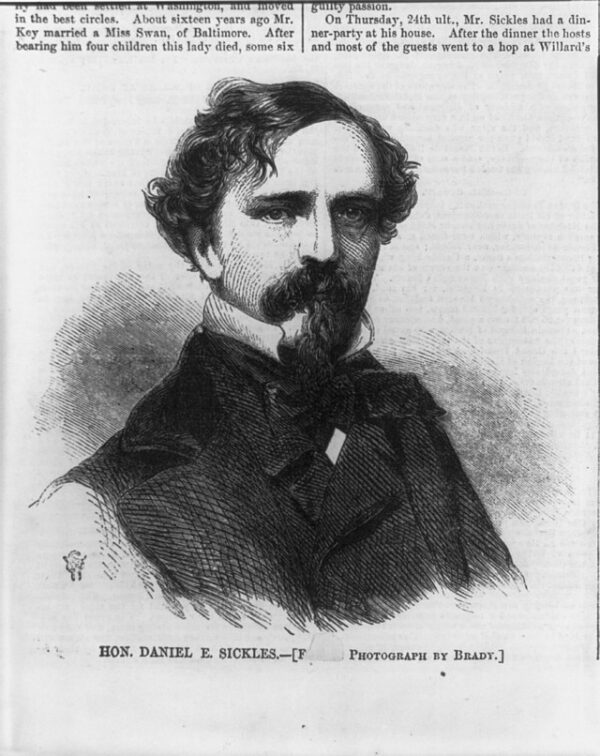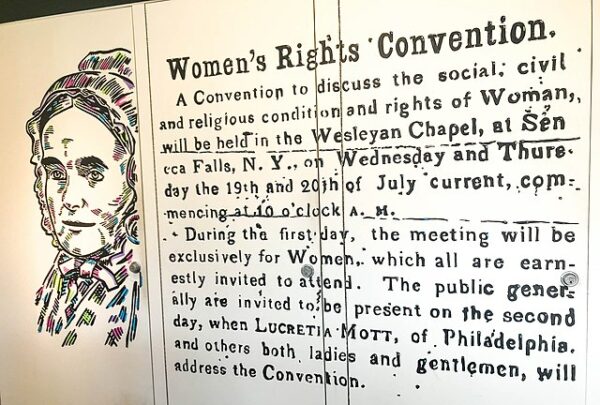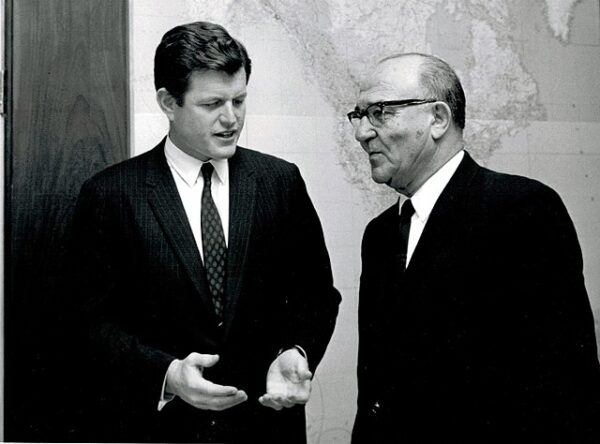Daniel E. Sickles was no ordinary figure in 19th-century American politics. Born in New York City in 1819, Sickles was a man of contradictions—a flamboyant and controversial character whose life would be forever marked by two infamous events: his murder of Philip Barton Key and his subsequent claim of temporary insanity, which led to his acquittal.
Sickles’ rise to prominence began in the political arena. He served as a member of the New York State Assembly and later as a U.S. Representative from New York. His political career was marked by ambition and audacity, as he often found himself embroiled in scandal and controversy. Yet, it was his personal life that would thrust him into the national spotlight in the most sensational way.
Philip Barton Key was not just any man. He was the son of Francis Scott Key, the author of the American national anthem, “The Star-Spangled Banner.” Key was also a prominent figure in Washington society, serving as the District Attorney for the District of Columbia.
The events leading up to Key’s murder on February 27, 1859, were the stuff of melodrama. Sickles, a notorious womanizer, discovered that his wife, Teresa, was having an affair with Key—a fact that was widely known among Washington’s elite. Consumed by jealousy and rage, Sickles confronted Key in Lafayette Square, just steps away from the White House, and shot him dead in broad daylight.
Sickles’ actions shocked the nation and ignited a sensational trial that would captivate the public imagination. The defense argued that Sickles was driven to temporary insanity by his wife’s infidelity—a novel legal strategy at the time. Despite overwhelming evidence of premeditation, including Sickles’ decision to bring a gun to the confrontation, the defense was able to persuade the jury that Sickles was not responsible for his actions due to his temporary loss of reason.
The trial was a spectacle, with the courtroom packed to capacity and reporters from across the country clamoring for details. Sickles himself was a master of the media, using his charm and charisma to sway public opinion in his favor. His defense team, led by the renowned attorney Edwin Stanton, skillfully crafted a narrative of a man driven to madness by betrayal—a narrative that ultimately proved successful.
On April 20, 1859, after just three hours of deliberation, the jury returned a verdict of not guilty by reason of temporary insanity. The decision forever changed the course of legal history. Sickles became the first person in the United States to be acquitted of murder on the grounds of temporary insanity—a precedent that would have far-reaching implications for the criminal justice system.
Despite his acquittal, Sickles’ reputation never fully recovered from the scandal. He continued to serve in Congress and even fought in the Civil War, where he lost a leg at the Battle of Gettysburg. Yet, his legacy would always be overshadowed by the specter of the murder of Philip Barton Key.






